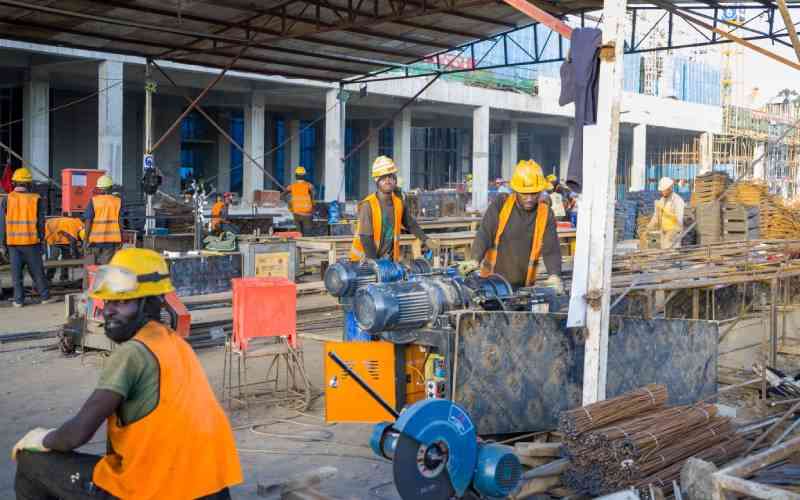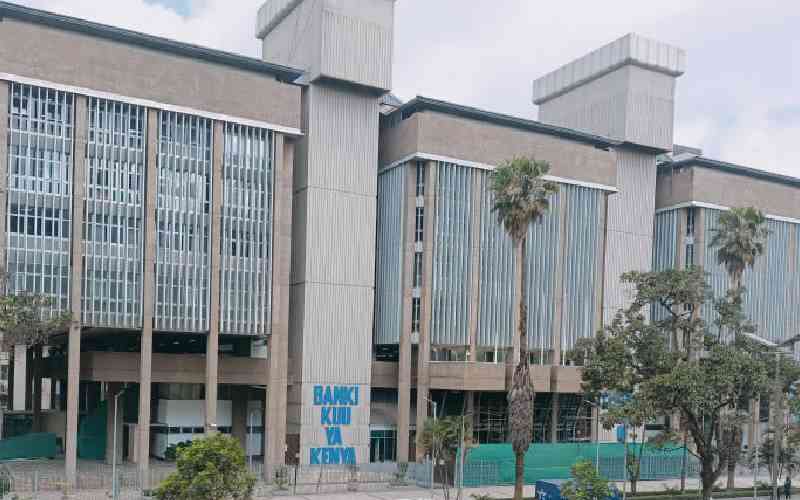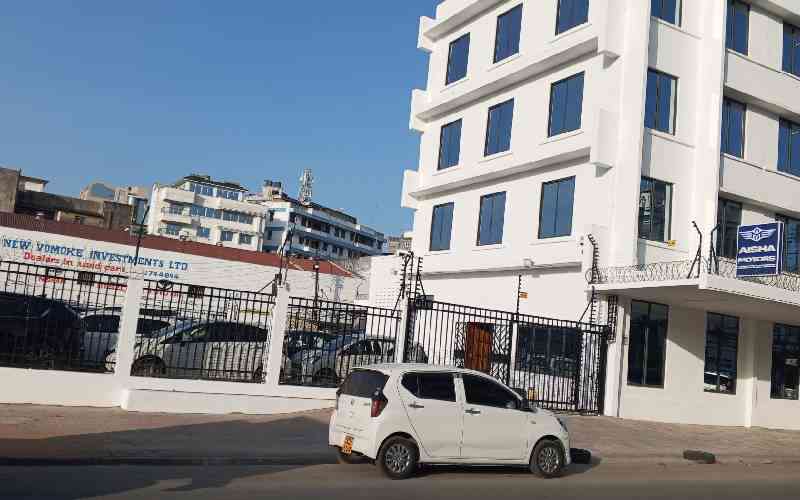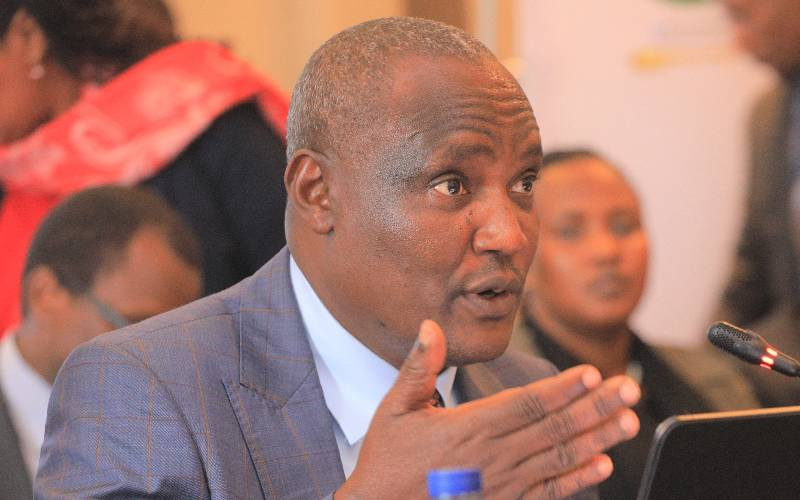×
The Standard e-Paper
Stay Informed, Even Offline
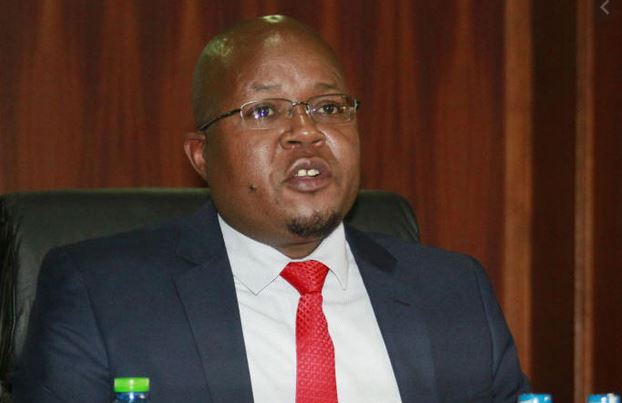
NAIROBI, KENYA: The Energy and Petroleum Regulatory Authority (EPRA) on Tuesday stood by draft Energy Regulations after wide criticism from members of the public.
Kenyans read mischief in the new regulations with many suggesting that the new measures would curtail growth in the solar industry. Many Kenyans are adopting solar as an alternative source of energy creating competition to traditional sources.
